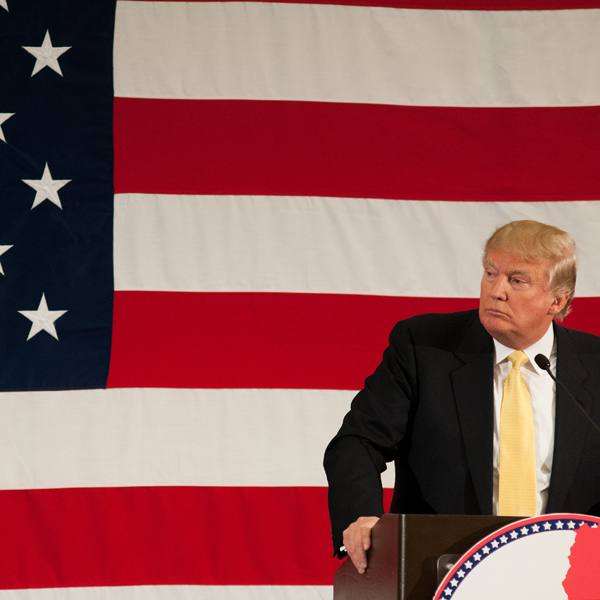A Call to Arms
The past several years have witnessed increasing threats to the independence of our profession. Federal government policies that are eroding the attorney-client privilege, which I addressed here in May, represent just one front in a growing governmental assault on the lawyer’s ability to serve clients and society zealously and effectively. Other federal government policies are now expanding—either coincidentally or by design—a dangerous trend to diminish the lawyer’s role in society as a trusted counselor and defender of people’s rights.
For example, the Bankruptcy Abuse Prevention and Consumer Protection Act of 2005, aggressively pushed through Congress by powerful interest groups without any opportunity for meaningful amendments, contains several deplorable provisions the ABA strongly opposes. These provisions place onerous, unprecedented requirements on lawyers to certify accuracy of debtor-clients’ bankruptcy schedules of assets and liabilities, and clients’ ability to make future payments under reaffirmation agreements under penalty of harsh sanctions for lawyers.
The act also requires lawyers degradingly to identify themselves not as lawyers but as “debt relief agencies” pursuant to intrusive regulations that impinge on the lawyer-client relationship by limiting advice that lawyers can provide clients. In May, the Connecticut Bar Association, joined by other plaintiffs, filed suit to enjoin enforcement of the debt relief agency regulations.
These provisions are forcing lawyers to hire private investigators and appraisers to verify information provided by clients, causing substantial additional cost to debtors and counsel and creating distrust between lawyer and client. Unless these provisions are repealed—which the ABA is working to accomplish—bankruptcy representation will be unaffordable for many debtors, and pro bono services may well disappear. In recent months, firms across the country have been limiting or ceasing pro bono bankruptcy representation. These provisions thus are causing great harm both to the legal profession and to individuals who lack access to lawyers who can help them confront a crushing and never-ending cycle of debt. This may have been a result intended by the act’s proponents.
The trend to limit or burden the role of litigation and bankruptcy lawyers should concern all lawyers because it represents a broader threat to the independence of the legal profession. If the federal government’s efforts to marginalize and diminish the role of lawyers succeed, the legal profession will be permanently harmed and so will our justice system. We must insist that the regulation of lawyers remains the province of the states, under the authority of state courts of last resort, as has been true since our nation’s founding.
THE MYTH OF JUDICIAL ACTIVISM
The judiciary is also under unprecedented and irresponsible attack from powerful interest groups, politicians and extremists seeking to undermine respect for an independent judiciary for political or other gain.
The mantra of “judicial activism” is simply the rant of ideologues who disagree with a judge’s decision. Irresponsible calls for impeachment of judges based on unpopular decisions, threats of judicial budget cuts, withholding of judicial salary increases, and other forms of retaliatory intimidation for “wrong decisions” pose a grave danger to our republic. Equally dangerous are congressional attempts to strip jurisdiction from courts to hear constitutional claims in controversial cases such as those involving the Pledge of Allegiance, religious expression, the definition of marriage and writs of habeas corpus.
The organized bar and all lawyers must counter these extremist attacks on the one branch of our government that truly protects the rights and freedoms of individuals. As our founders warned, without an independent judiciary, there is no democracy.
Shakespeare had it right in Henry VI, part 2, when he noted that the surest way to create chaos and unleash tyranny throughout the land is by killing all the lawyers. In the 21st century, it is a different kind of death to lawyers and judges that we are dealing with—death by marginalization, by diminishment, by containment and removal and, in the end, by irrelevance.
Attacks on the independence of the legal profession and judiciary are a direct assault on our justice system and democracy. I call on all Americans, particularly lawyers, vigorously to oppose this insidious trend with every ounce of our might.
Write a letter to the editor, share a story tip or update, or report an error.


